There was a time when allowing gays, lesbians, and bisexuals to serve openly in the U.S. military was one of the most controversial issues in the nation. But a recently unearthed Pentagon report shows how unfounded any fears about open service by LGB people were.
The report, "Repealing Don't Ask, Don't Tell: A Historical Perspective From the Joint Chiefs of Staff," was released in 2021 but wasn't publicized; now the Palm Center, a San Francisco-based think tank on LGBTQ+ issues in the military, has informed the public about it. The Palm Center has also announced it will be ceasing operations at the end of September.
The report was published by the Joint History and Research Office, which provides the Joint Chiefs with information and chronicles military activities. It "appears to mirror a 2016 classified report with the same title," notes a Palm Center press release. "It is unclear why the report was originally classified. The Palm Center sought comment from the Joint History and Research Office but did not receive a response."
"Time and again, opponents of equality have claimed that inclusion would harm America's most important institutions and threaten the nation itself," Aaron Belkin, director of the Palm Center, said in the release. "And time and again, that's turned out to be false. This official military study makes clear the yawning gap between fearmongering and reality, and should guide dialogue about similar claims in the present, such as fears that inclusion for transgender Americans is somehow a threat to our society."
"Don't ask, don't tell" was in effect from 1994 until 2011. It allowed LGB people to serve in the military as long as they were closeted. It was enacted under President Bill Clinton, who came into office promising to lift the total ban on LGB troops, but resistance from the military and Congress led to the compromise of DADT. The debate was marked by much homophobic rhetoric, often focusing on straight men having to share barracks and showers with gay men. DADT was supposed to make life better for LGB troops -- but it didn't. The military wasn't supposed to be trying to out LGB members, but that went on anyway, and thousands were discharged solely because of their identity.
Unlike DADT, the ban on transgender troops was a matter of military policy, not a law passed by Congress. It was lifted under President Barack Obama, reinstated by Donald Trump, and has now been lifted again by President Joe Biden.
Obama oversaw and signed into law the bill that ended DADT. The Joint History and Research Office report describes the fears of some military leaders as the DADT repeal effort ramped up in 2009 and 2010, then notes that when the policy was ended, it was a total nonissue.
During the debate about repealing DADT, "Gen. James Amos, Commandant of the Marine Corps and the most vociferous opponent of inclusion in the upper ranks of the military, had told Congress that repeal 'has strong potential for disruption at the small unit level as it will no doubt divert leadership attention away from an almost singular focus on preparing units for combat,'" according to the Palm Center, quoting the Pentagon report. "Yet 'two months later, General James Amos told reporters that the policy change had been a "non-event" and that he was "very pleased" with how the policy change had gone.'"
The report also states that the Pentagon's Comprehensive Review Working Group found that "doubts about repealing DADT were based upon misperceptions about what it would mean for gay or lesbian servicemembers to serve openly." The misperceptions reflected bias and were "exaggerated and inconsistent with the experience of servicemembers who had knowingly served alongside gay and lesbian personnel," according to the working group.
Now, with bans on LGB and trans troops lifted, the Palm Center is shutting down after 24 years in operation. "Creating and leading the Palm Center has been the pleasure, pride, and honor of my life," Belkin, who will remain professor of political science at San Francisco State University, said in a release. "We worked with brilliant and generous partners, allies, center staff, veterans and service members to show that facts matter, that discrimination undermines our country, and that equality makes it better. I'll be forever grateful for this opportunity to help make the world a little more just."
"Few organizations figured out how to move the needle on military opinion so effectively as the Palm Center," Adm. Mike Mullen, who was chairman of the Joint Chiefs when DADT was repealed, added in the release. "Its research and policy guidance were invaluable in showing that inclusive service was not complicated and would not harm readiness. The Palm Center reframed the national conversation over LGBT military service, using facts and research to conclusively demonstrate that inclusion makes our armed forces, and our country, stronger."
A new website, PalmCenterLegacy.com, will maintain a record of the Palm Center's accomplishments.
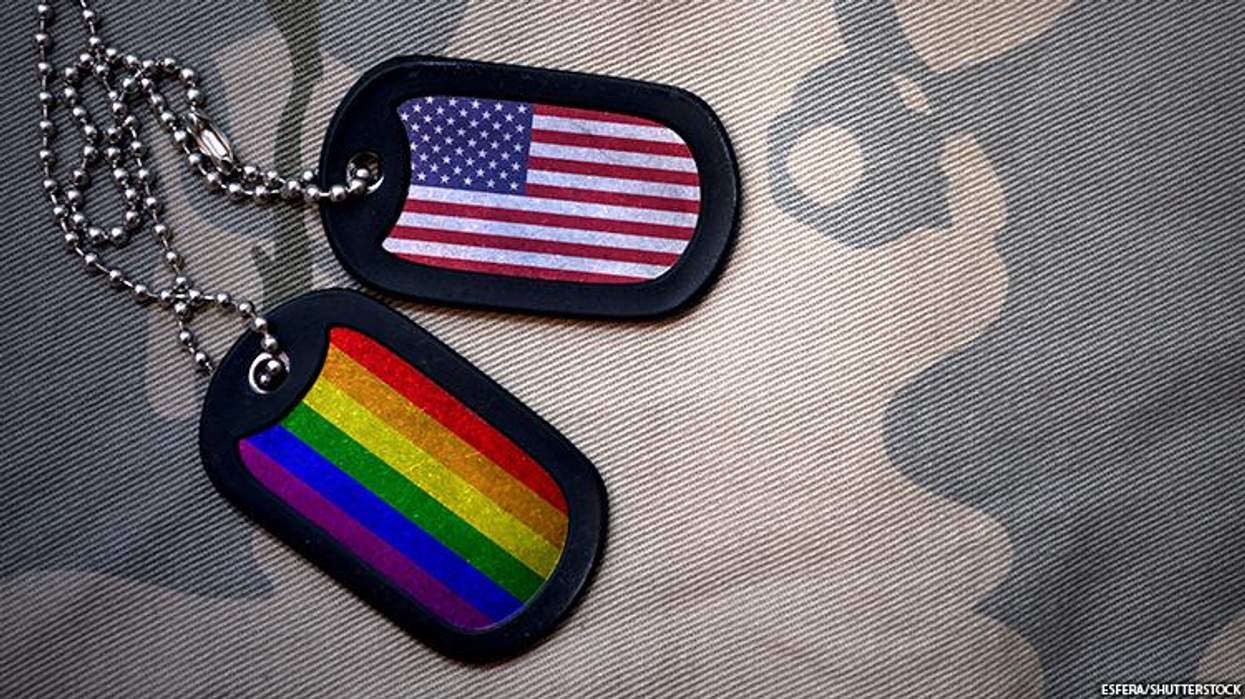
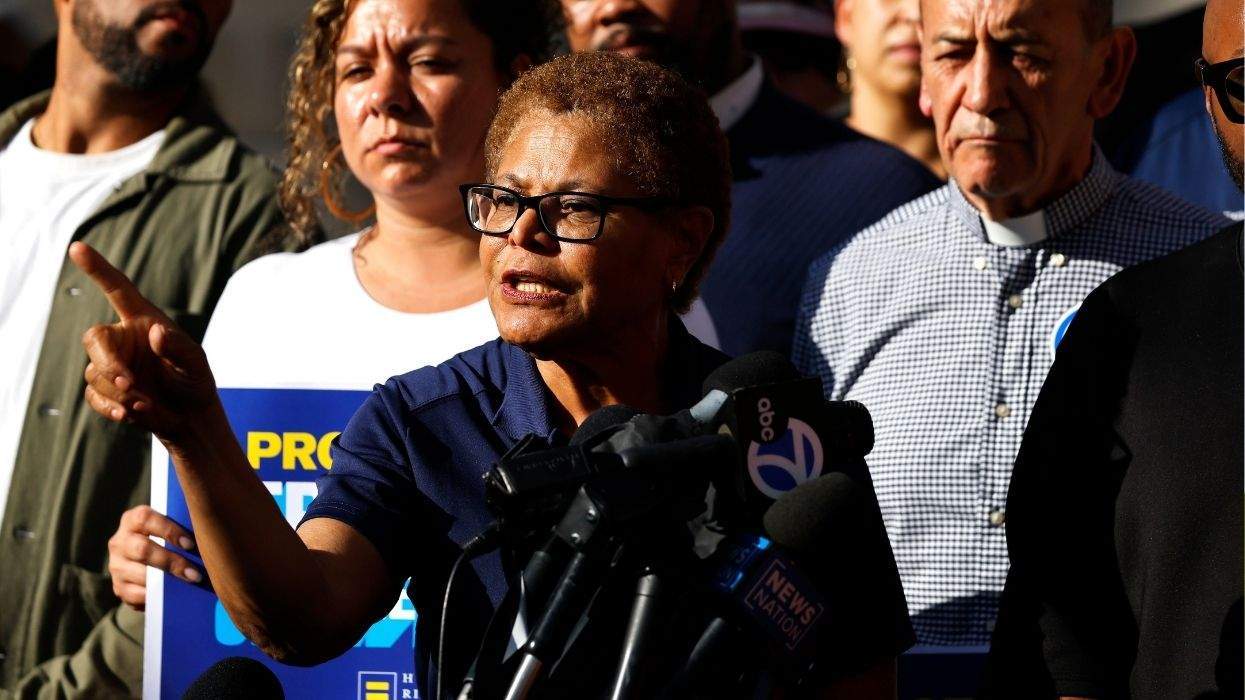

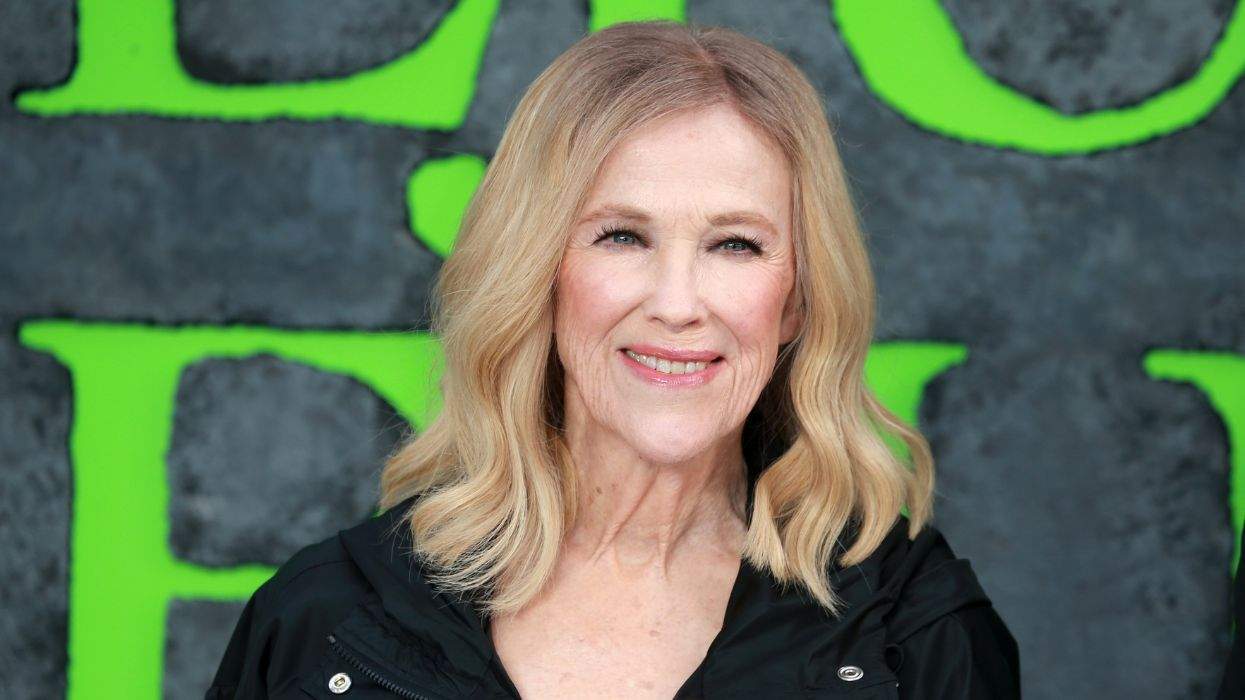

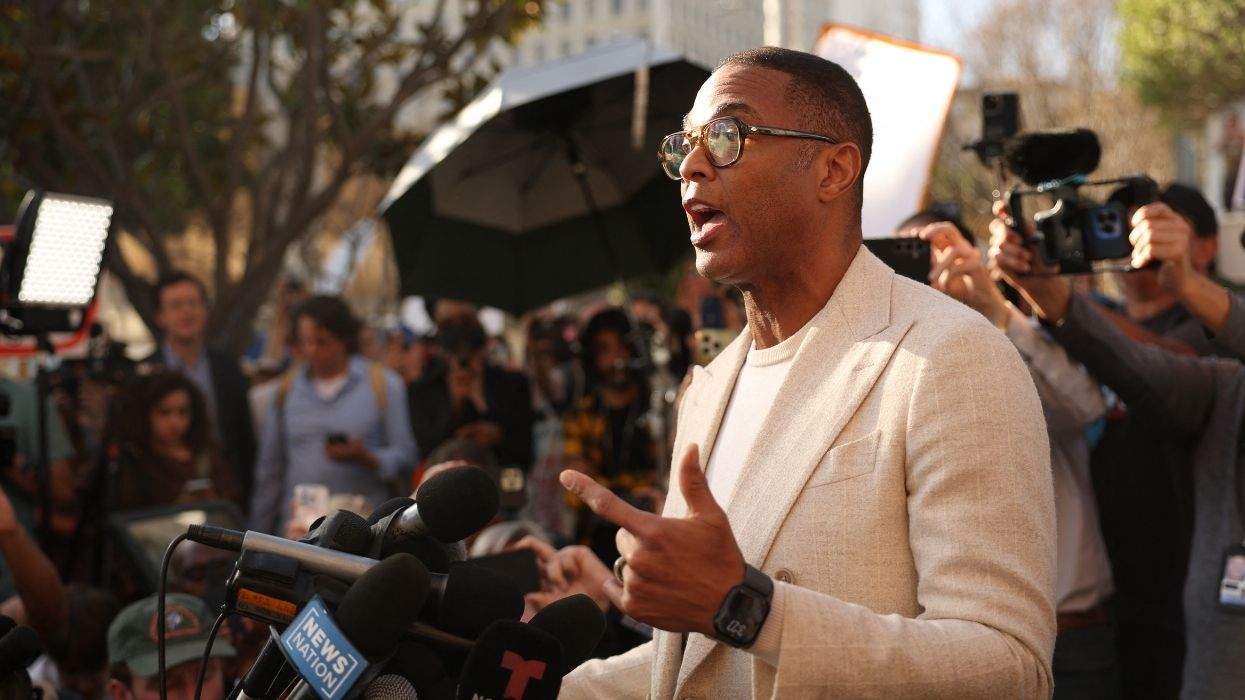
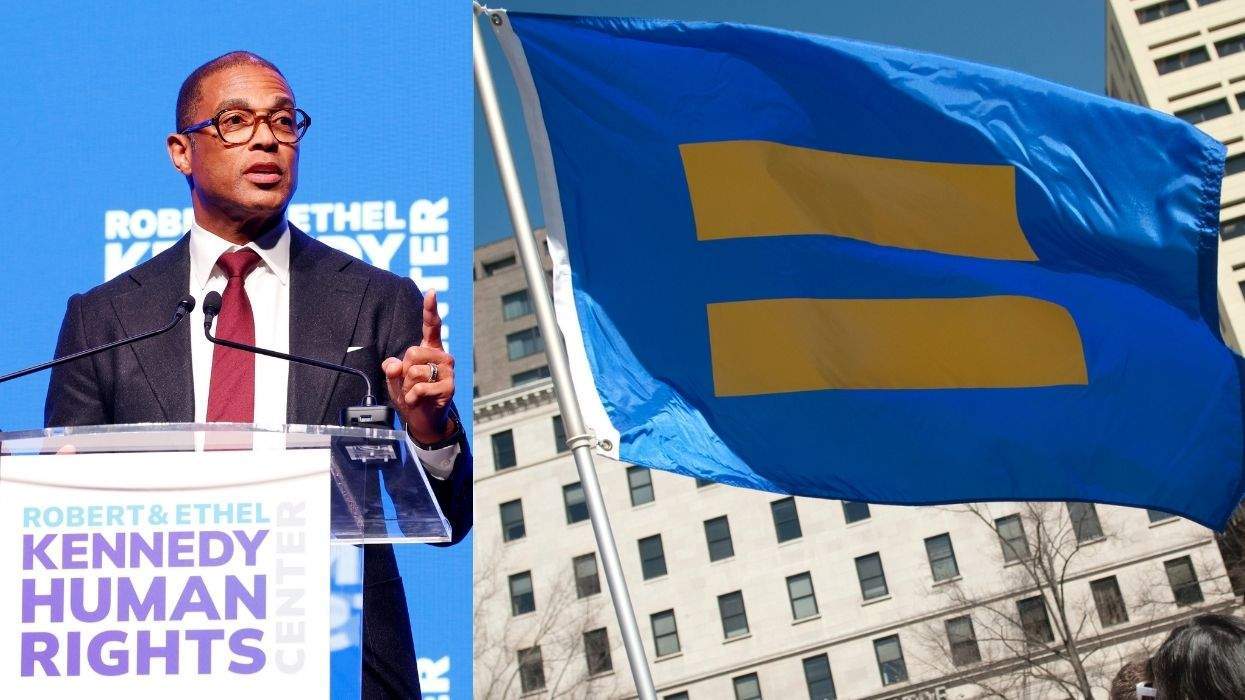
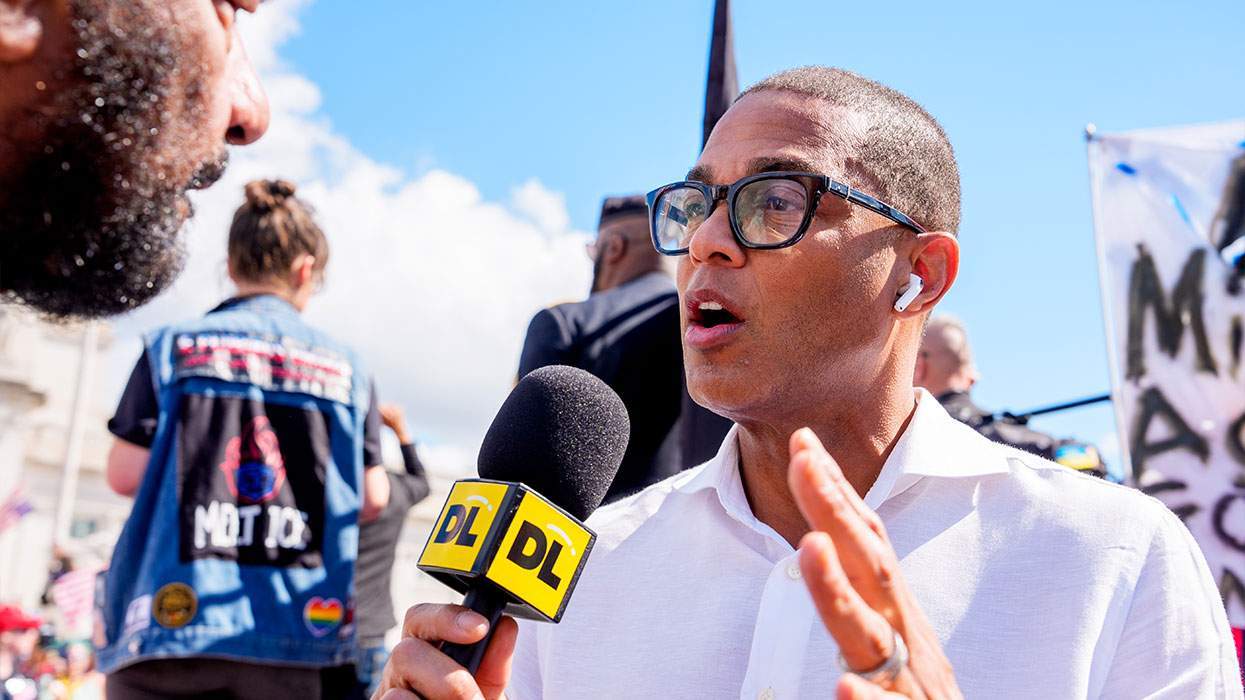



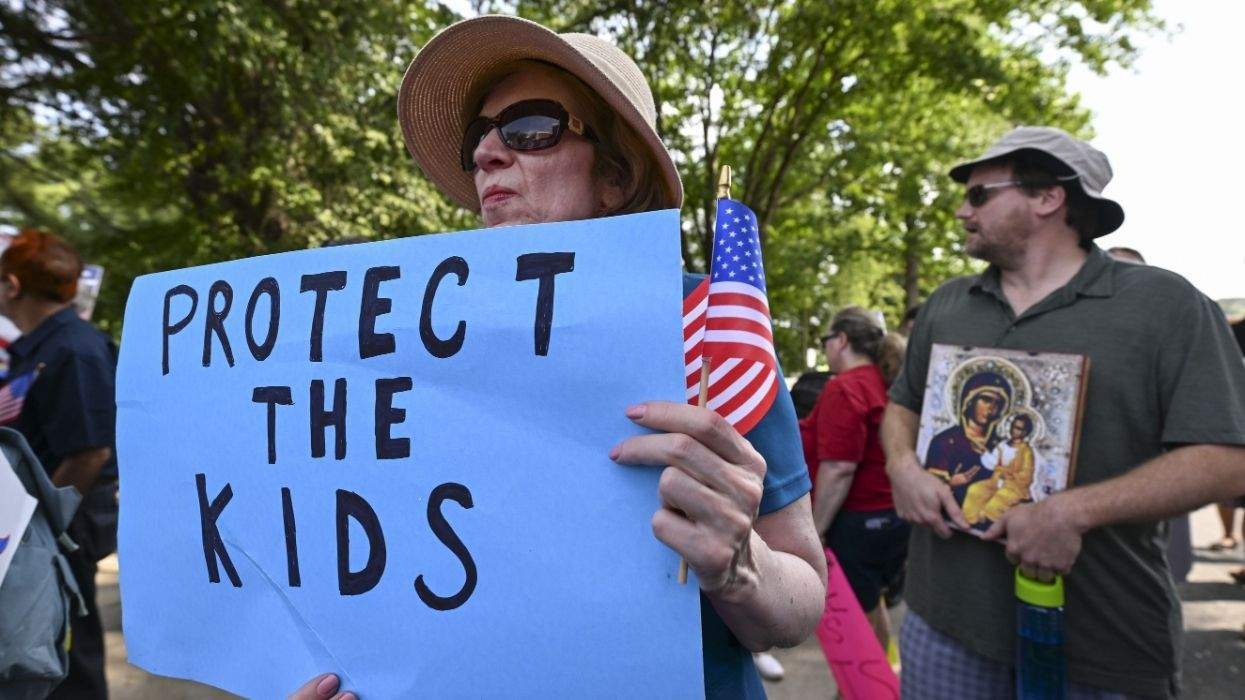



Charlie Kirk DID say stoning gay people was the 'perfect law' — and these other heinous quotes
These are some of his worst comments about LGBTQ+ people made by Charlie Kirk.